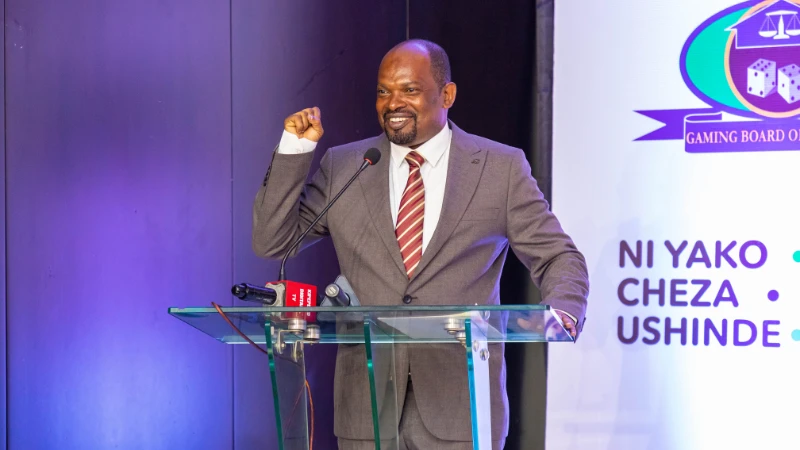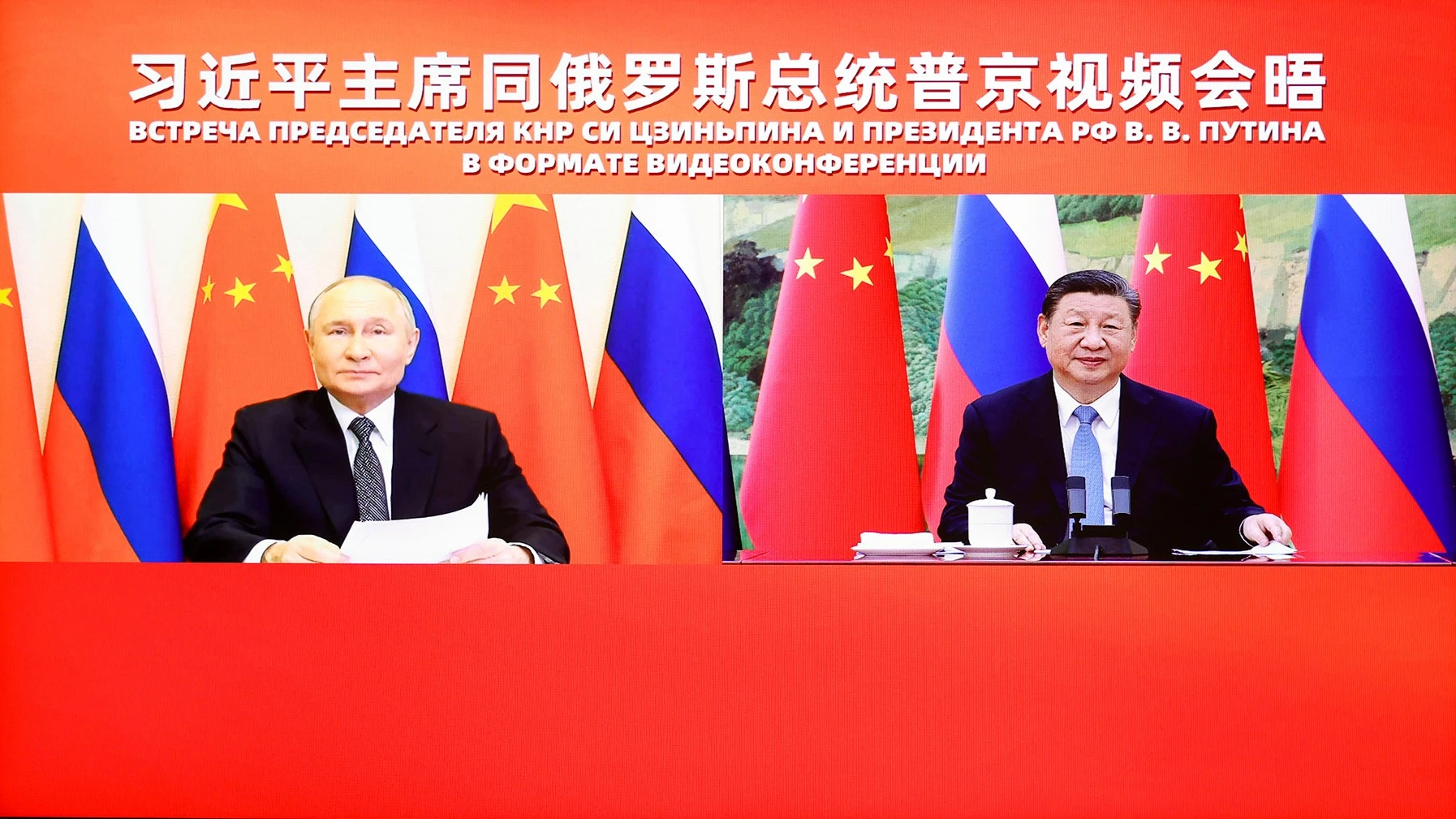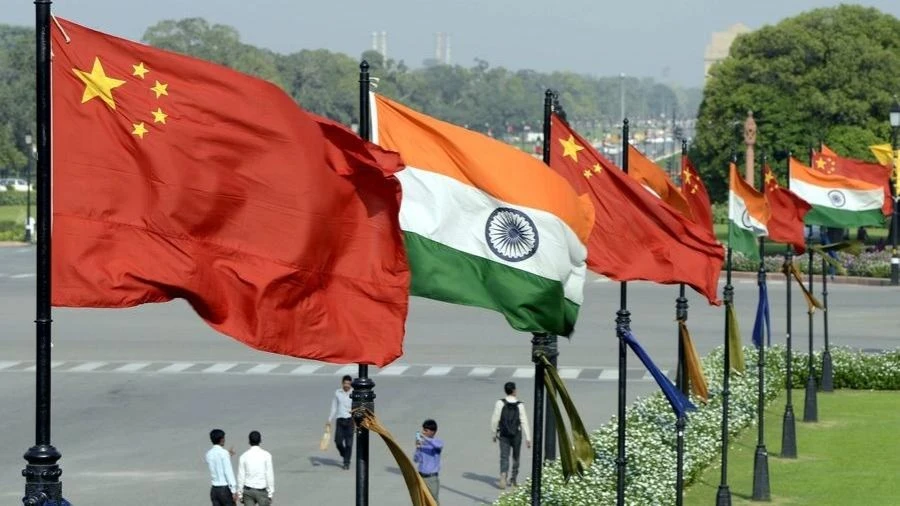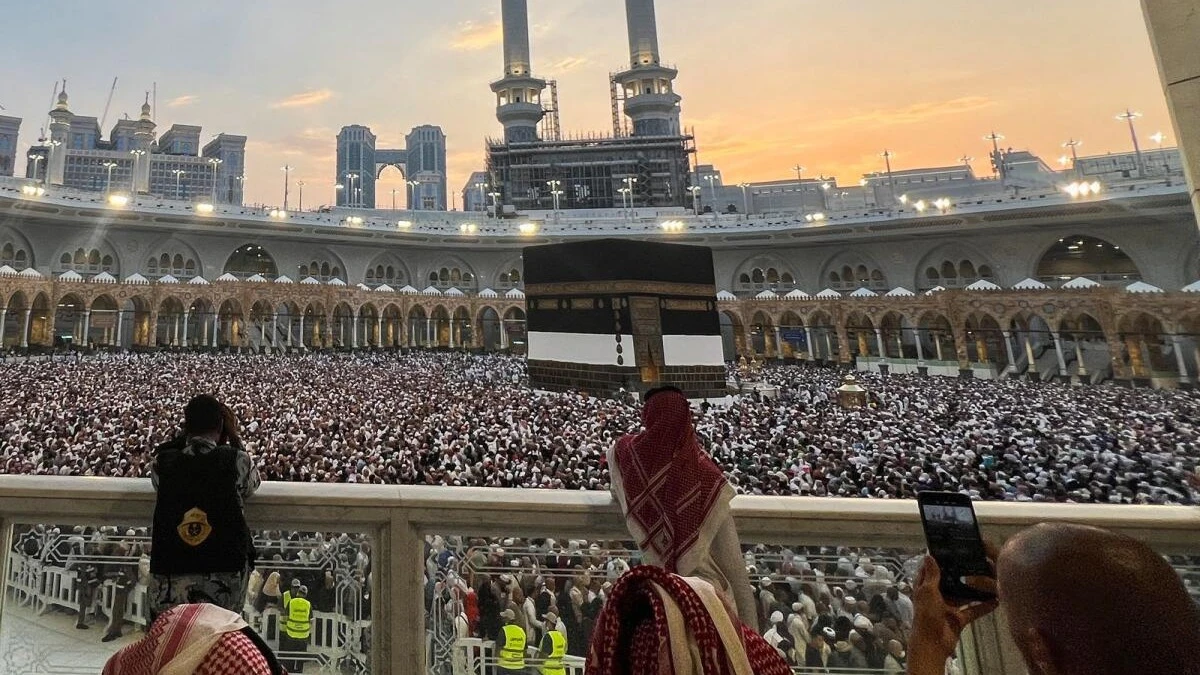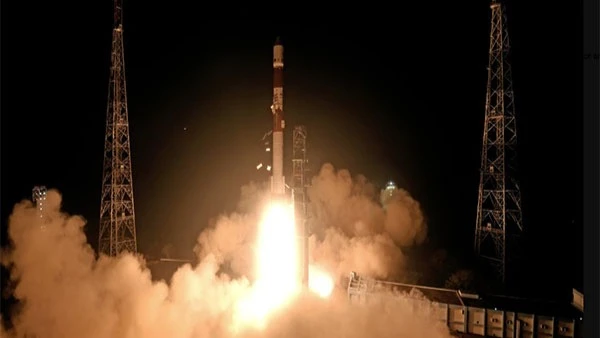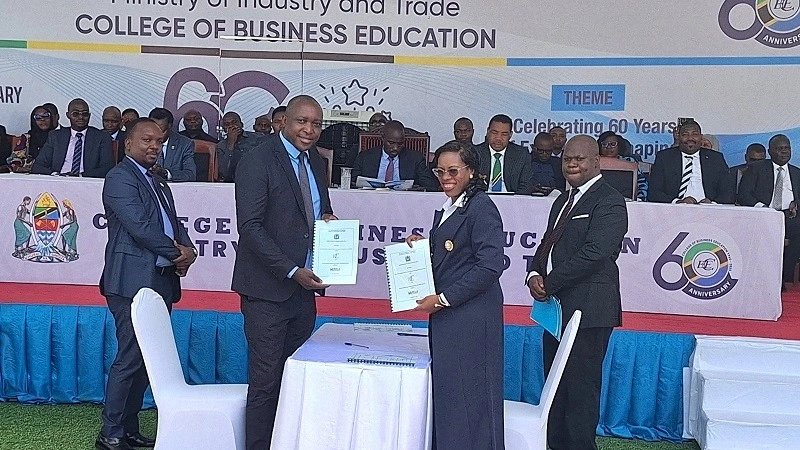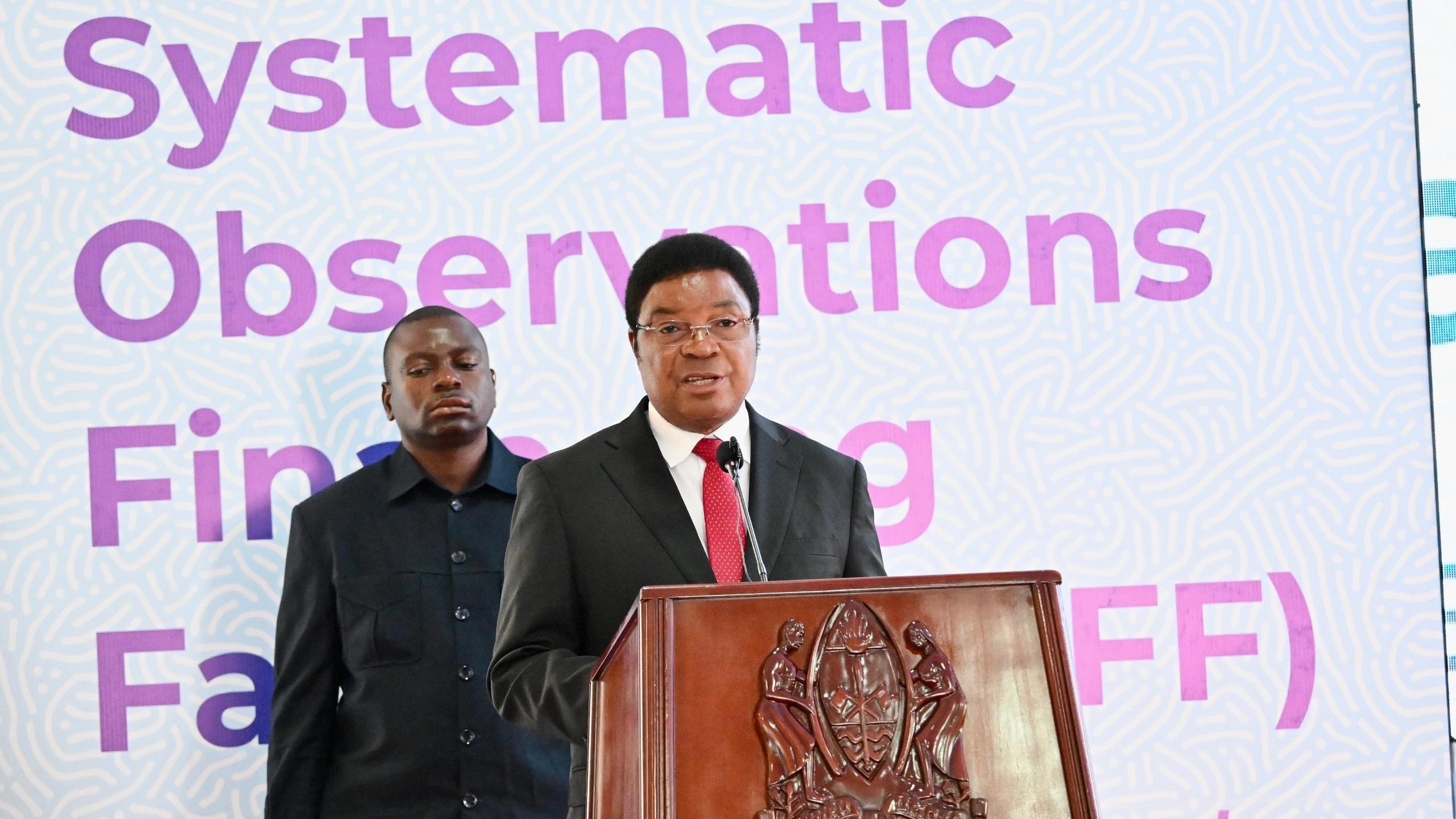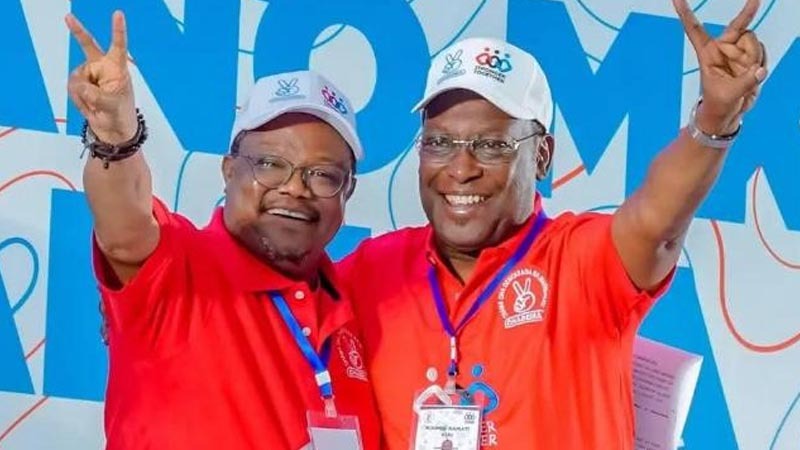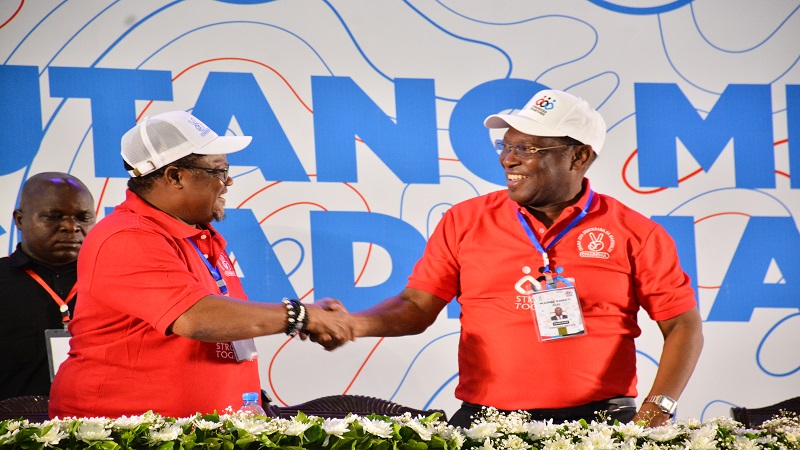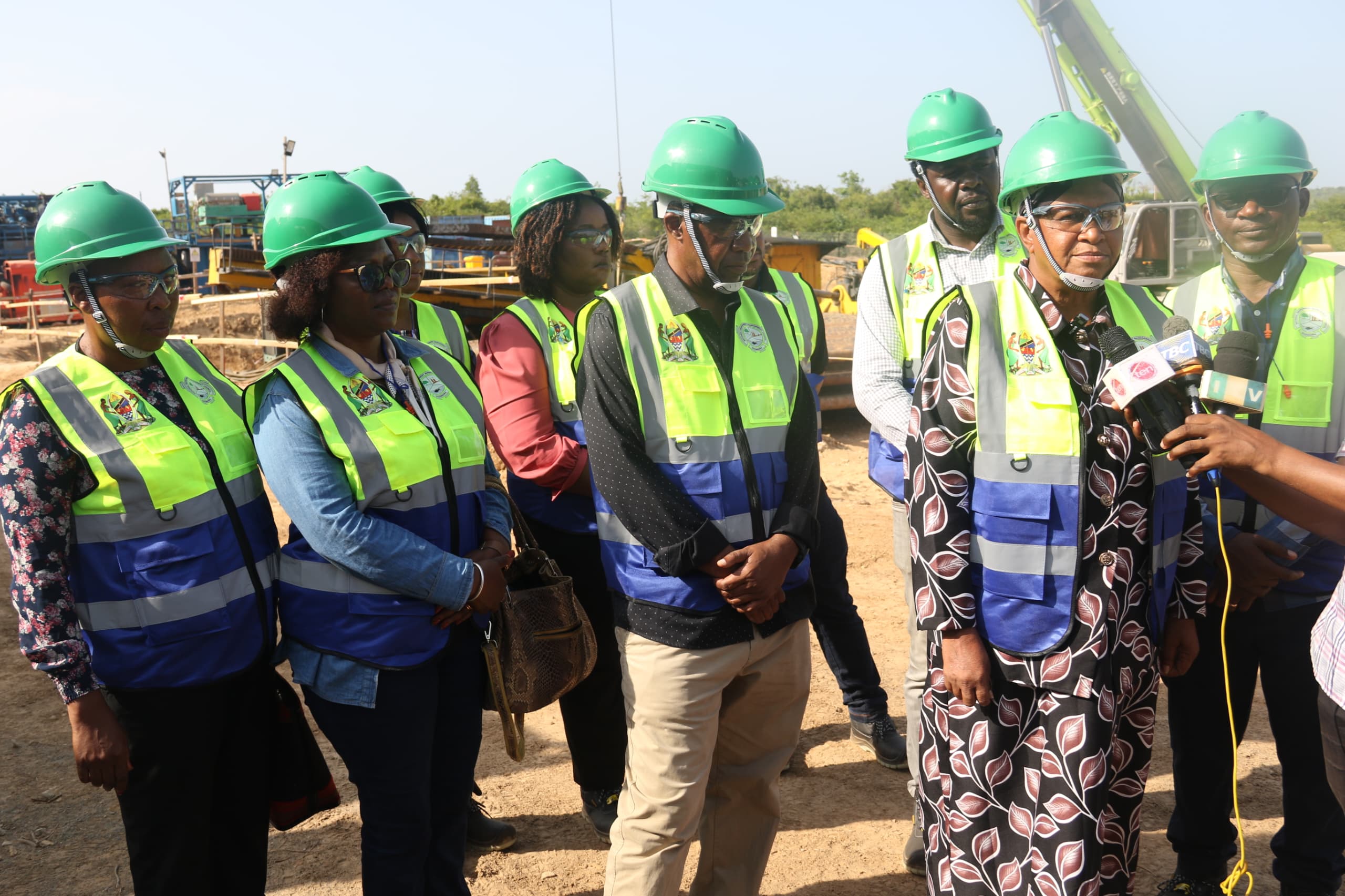IUCN Africa Conservation Forum 2024 opens in Nairobi, Kenya
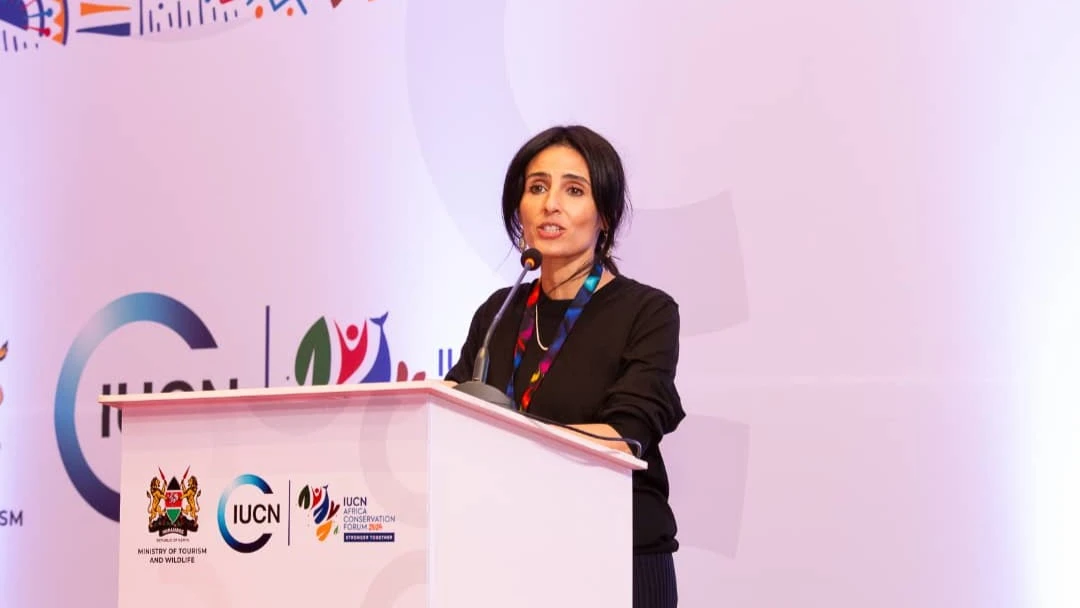
OVER 500 delegates are in attendance for the three-day International Union for Conservation of Nature (IUCN) forum, that has brought together members and stakeholders from across Africa and beyond to discuss biodiversity, conservation and the sustainable development challenges faced by the continent.
The Forum was opened today in the Kenyan capital, Nairobi, dedicated to discuss biodiversity, conservation and the sustainable development challenges faced by the continent.
The forum carried the theme African Solutions for Nature and People: Creating transformative responses to the biodiversity and climate crisis in Africa.
In his remarks, Dr Alfred Mutua, Cabinet Secretary, Ministry of Tourism and Wildlife of the Republic of Kenya, emphasised the importance of placing local communities at the heart of all conservation efforts.
"For conservation to be truly effective and sustainable, we must ensure that local communities are not only involved but are also primary beneficiaries," he said.
Dr. Mutua acknowledged Kenya's rising human-wildlife conflicts and the lack of adequate funding for conservation, advocating for innovative partnerships to enhance Africa's conservation efforts.
"Kenya, with its rich biodiversity, is actively implementing the National Biodiversity Strategy and Action Plan, focusing on locally-led and appropriate solutions for nature and people," he stated.
On his part, IUCN President Razan Al Mubarak said they were glad to see the growing recognition of the need for inclusive conservation in the African region, and the engagement of so many different organisations and individuals in achieving our common goal of ensuring equity, justice and rights during its implementation.
“It is the first time we are holding a forum as one African continent, and I know this was the correct decision, because the voices of Africa are better and stronger together. People must be at the centre of our actions. United, we can create solutions that help people and nature thrive, recognising the rights of Indigenous peoples and local communities,” said IUCN Director General Dr Grethel Aguilar.
“We need to create transformative responses to the biodiversity and climate crisis in Africa. Fostering cooperation and dialogue across countries and sectors is of utmost importance if we are to help nature bounce back,” said Dr David Obura, Chair, Intergovernmental Science-Policy Platform on Biodiversity and Ecosystem Services and Director of CORDIO East Africa as he addressed delegates at the opening ceremony.
The event features engaging high-level panels comprising African government representatives, scientific experts, Indigenous peoples and local community representatives – in plenary and thematic side event sessions – to address critical conservation challenges and trends in Africa.
IUCN is a membership Union uniquely composed of both government and civil society organisations. It provides public, private and non-governmental organisations with the knowledge and tools that enable human progress, economic development and nature conservation to take place together.
Created in 1948, IUCN is now the world’s largest and most diverse environmental network, harnessing the knowledge, resources and reach of more than 1,400 Member organisations and around 16,000 experts. It is a leading provider of conservation data, assessments and analysis. Its broad membership enables IUCN to fill the role of incubator and trusted repository of best practices, tools and international standards.
IUCN provides a neutral space in which diverse stakeholders including governments, NGOs, scientists, businesses, local communities, Indigenous peoples’ organisations and others can work together to forge and implement solutions to environmental challenges and achieve sustainable development.
Working with many partners and supporters, IUCN implements a large and diverse portfolio of conservation projects worldwide. Combining the latest science with the traditional knowledge of local communities, these projects work to reverse habitat loss, restore ecosystems and improve people’s well-being.
It is one of several IUCN Regional Conservation Fora, held across the globe this year, that offer Members an opportunity to shape the agenda for the IUCN World Conservation Congress, to be held in the United Arab Emirates in 2025. The IUCN Congress in turn sets the global conservation agenda for the years ahead.
In the past, the three IUCN sub-regions of Africa, under the auspices of Eastern and Southern Africa (ESARO), West and Central Africa (PACO) and the Centre for Mediterranean Cooperation (MED), each held their own Regional Conservation Forum.
This year, inspired by the impact of the first-ever IUCN Africa Protected Areas Congress held in July 2022 in the Rwandan capital, Kigali, IUCN hosts one Forum for the entire continent.
Africa is facing significant challenges due to the dual crisis of climate change and biodiversity loss. The continent is severely impacted, necessitating the need for coordinated nature-climate action at the regional level. With the Kunming-Montreal Global Biodiversity Framework (KMGBF) signed in 2022, several ambitious targets have been set. Meeting these will require collaborative efforts.
Top Headlines
© 2025 IPPMEDIA.COM. ALL RIGHTS RESERVED








